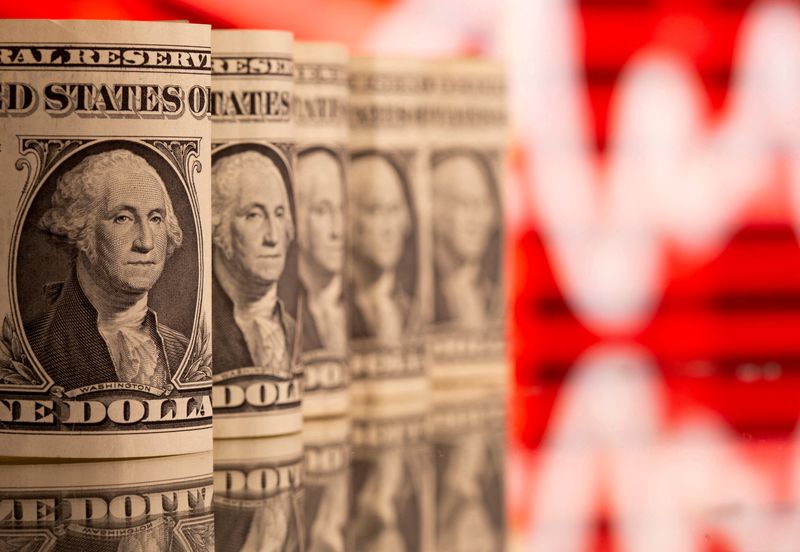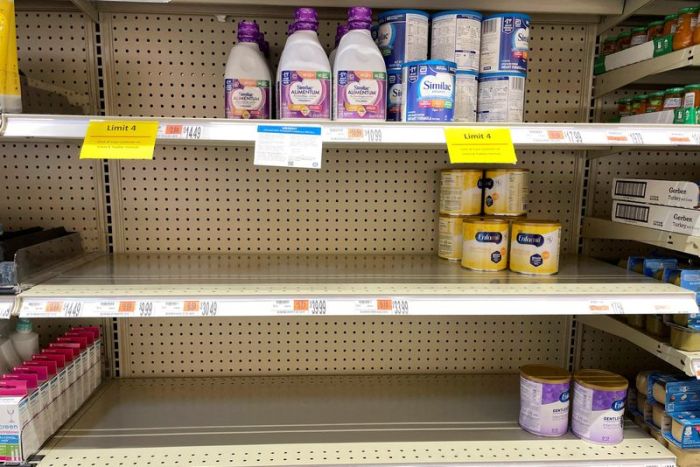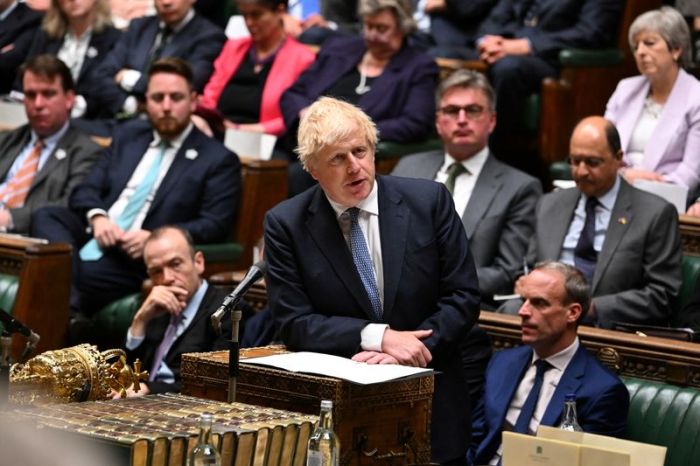WASHINGTON (Reuters) – The U.S. budget deficit will shrink dramatically to $1.036 trillion for fiscal 2022 from $2.775 trillion last year as a strong recovery prompts a surge in revenues and lower outlays, but slowing growth will start to reverse the trend, the Congressional Budget Office said on Wednesday.
Releasing new economic and baseline budget forecasts, the CBO said its now expects the fiscal 2022 deficit to be $118 billion lower than an estimate made last July. The government’s fiscal year starts Oct. 1 and runs through Sept. 30.
The non-partisan fiscal referee agency forecast U.S. real GDP growth at a solid 3.1% for calendar 2022, driven by strong consumer spending, down from a sharp 5.5% rebound in 2021.
But CBO said that U.S. economic momentum would slow as the Federal Reserve hikes interest rates to control inflation, and forecast 2.2% growth for 2023 and 1.5% for 2024.
The CBO forecasts that inflation would remain elevated during 2022, in line with the strongest pace in 40 years, with the consumer price index increasing at 6.1% and the personal consumption expenditures index increasing at 4.0%, due to continued supply constraints in the face of high demand and a tight labor market.
Slowing economic growth also means that reductions in the deficit will reverse, CBO said.
While it projected that the fiscal 2023 deficit will shrink slightly to $984 billion, deficits will rise in subsequent years, averaging about $1.6 trillion annually between 2023 and 2032.
The deficit for the fiscal 2022-2031 decade has increased by about $2.4 trillion since the July forecast, to about $14.5 trillion, largely due to legislative changes that boost spending, including the $1.2 trillion Infrastructure Investment and Jobs Act, and fiscal 2022 appropriations.
The CBO’s deficit projections do not include the supplemental $40 billion aid package for Ukraine, which was passed last week after the agency locked its budget and economic assumptions for the latest forecasts. It will be included in a subsequent budget review.
The increases in future deficits are also driven by forecasts of higher interest expenses on the federal debt, which rise to $1.2 trillion, or 3.3% of GDP by 2032 from $399 billion, or 1.6% of GDP, in fiscal 2022, according to the CBO projections.
CBO Director Philip Swagel told reporters that the projections are a sign that the “flow burden” from interest payments “is rising pretty steadily and meaningfully over the 10 year budget window.”
The agency predicts that U.S. public debt will increase from 98% of GDP this year with an average interest rate of 1.9% to 110% of GDP by 2032 with an average rate of 3.1%.
(Reporting by David Lawder; editing by Diane Craft)


























